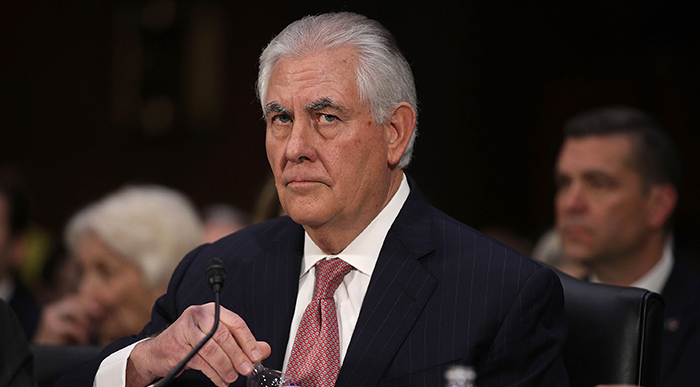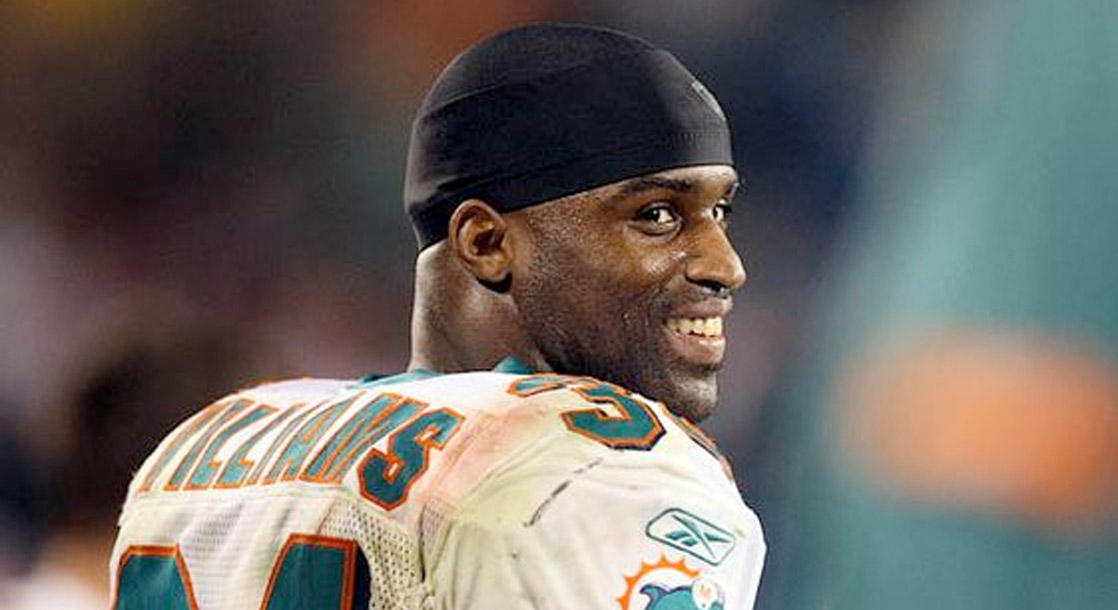Donald Trump’s cabinet is many things: It’s full of Goldman Sachs veterans, the very same people he pledged to oust from the Washington establishment; full of multi-million and billionaires when Trump promised populism; full of white supremacists when he promised to be a president for all Americans. But, it’s also severely delinquent in its paperwork.
As of yesterday, of Trump’s 21 nominees, 14 have yet to sit for their Senate hearings, and only five of those 14 have managed to finalize the necessary ethics and financial review documents to sit for that hearing. The next president is supposed to be inaugurated this Friday, and more than a third of his cabinet is still trying to find ways to make themselves look ethical and financially unbeholden on paper.
Each nominee for a position requiring Senate approval must first deal with the Office of Government Ethics to work out plans for resolving any conflicts of interest, a process that is unsurprisingly taking longer than usual with the incoming administration—and featuring more burns. But it’s not the time it takes to resolve conflicts that’s worrying, it’s the kind of conflicts in question.
One of Trump’s most under-the-mainstream-radar picks for his cabinet is Rep. Tom Price, a Republican from Georgia’s 6th district who is perhaps most famous for investing in a company and then introducing a bill to directly benefit that company. Last March, according to House of Representatives records, Price purchased between $1,000 and $15,000 of stock in Zimmer Biomet, one of the world’s leading producers of artificial hips and knees. Less than a week later, he introduced a bill that would have delayed a Centers for Medicare and Medicaid Services (CMS) regulation expected to cost Zimmer Biomet millions until 2018.
If confirmed as Secretary of Health and Human Services, this Georgia pharmaceutical shill poses a particular threat. He’s poised to be in charge of the dismantling of the Affordable Care Act. It’s normal for fringe Republicans to toy with bank deregulators—that’s the kind of greed we’ve come to expect. But it takes a special kind of callousness to oppose regulation of the medical industry—there’s no separation, as there is in deregulation of financial systems that in turn destroys lives, between the decision and the destruction.











